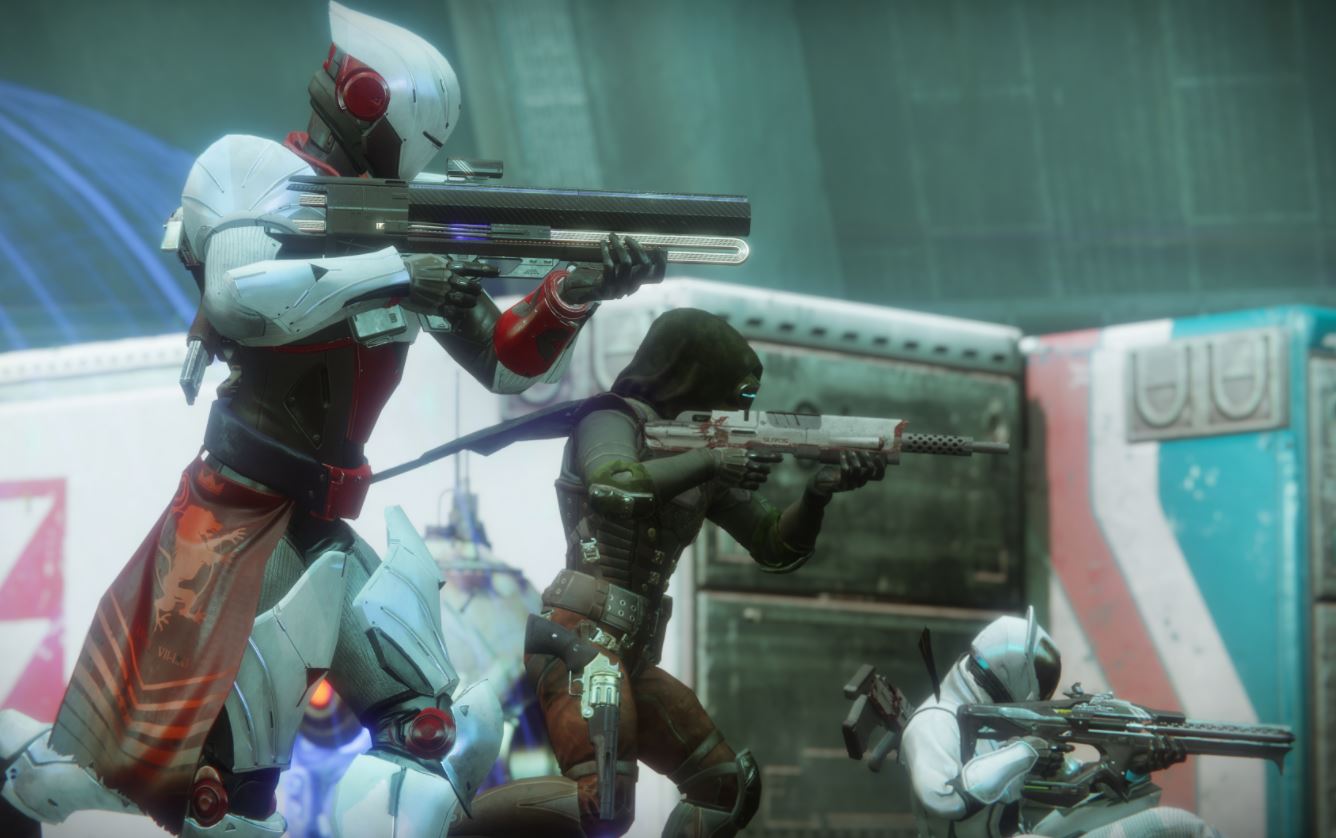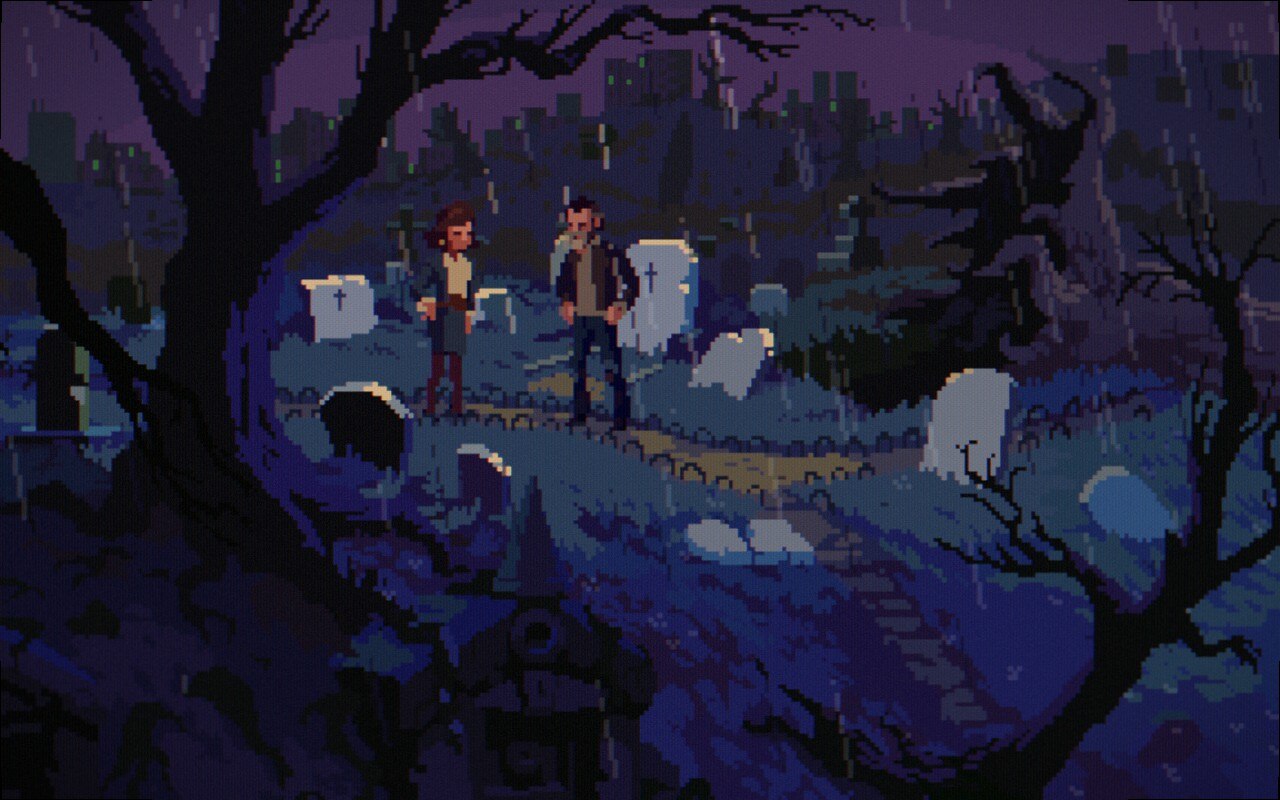Activision wins patent that uses matchmaking to make you want to buy stuff
Activision says the system is not is in place.

Activision has successfully filed a patent designed for use in multiplayer matchmaking systems. In short, it's an idea to engender envy at teammates' or opponents' gear through the matchmaking algorithm itself.
Here's the abstract from the patent, granted today after its filing two years ago:
"A system and method is provided that drives microtransactions in multiplayer video games. The system may include a microtransaction arrange matches to influence game-related purchases. For instance, the system may match a more expert/marquee player with a junior player to encourage the junior player to make game-related purchases of items possessed/used by the marquee player. A junior player may wish to emulate the marquee player by obtaining weapons or other items used by the marquee player."
A big caveat: an Activision spokesperson tells us via email today that "This was an exploratory patent filed in 2015 by an R&D team working independently from our game studios. It has not been implemented in-game."
Knowing that, this probably isn't a scheme that Activision will suddenly implement in Destiny 2 and Call of Duty: WWII. It's also not a reactionary move on Activison's part, as the patent took two years to go through. Still, with resentment for loot boxes and microtransactions at an all-time high, the timing is unfortunate for the publisher.
Here's the bit on microtransaction matchmaking detailed later on:
"The microtransaction engine may analyze various items used by marquee players and, if the items are being promoted for sale, match the marquee player with another player (e.g., a junior player) that does not use or own the items. Similarly, the microtransaction engine may identify items to be promoted, identify marquee players that use those items, and match the marquee players with other players who do not use those items. In this manner, the microtransaction engine may leverage the matchmaking abilities described herein to influence purchase decisions for game-related purchases. "
Keep up to date with the most important stories and the best deals, as picked by the PC Gamer team.
The patent goes on to explain many possible implementations of the microtransation-based matchmaking system, listing scenarios like a low-skill player getting matched with a high-skill player that also has a cool sniper rifle they don't. Or a scenario in which the game mode itself makes use of an item gained through microtransations where players without the item are paired with players that have the item so that they can vicariously bask in whatever benefit that item provides to that mode. It's all fairly vague, speculative language.
The idea is troubling for a few reasons. Firstly, loot boxes are a transparent enough effort to make more money once a game has been released. Layering in invisible psychological ploys, the lust to attain a higher class transposed into silly character skins and the like, is corporate interest at its most ruthless. Secondly, the thought of a game sacrificing accurate skill-based matchmaking to prioritize placing players with someone prettier than them is frightening. It's the opposite of what matchmaking is supposed to do, or at the very least distracts from what it's supposed to do.
That said, plenty of ridiculous, insidious patents have been filed before, only to sit idle. Take McDonald's patent to turn TV ads into videogames, for instance. There's no evidence that the patent is currently in practice or will ever be put into practice.
Destiny 2's community manager DeeJ came out immediately against Glixel's report, stating that none of Activision patented technology appears in Destiny. He clarified that also means Destiny 2.
None of this functionality appears in Destiny. https://t.co/IXlR05tZ1cOctober 17, 2017
Even though the patented technology isn't in practice and might never be used at all, I'm not sure they can really say much to distract from their clear intent. It's existence shows that the direction of travel is obvious. Microtransactions, whatever form they take, are making money. Activision wants to make more.
James is stuck in an endless loop, playing the Dark Souls games on repeat until Elden Ring and Silksong set him free. He's a truffle pig for indie horror and weird FPS games too, seeking out games that actively hurt to play. Otherwise he's wandering Austin, identifying mushrooms and doodling grackles.


